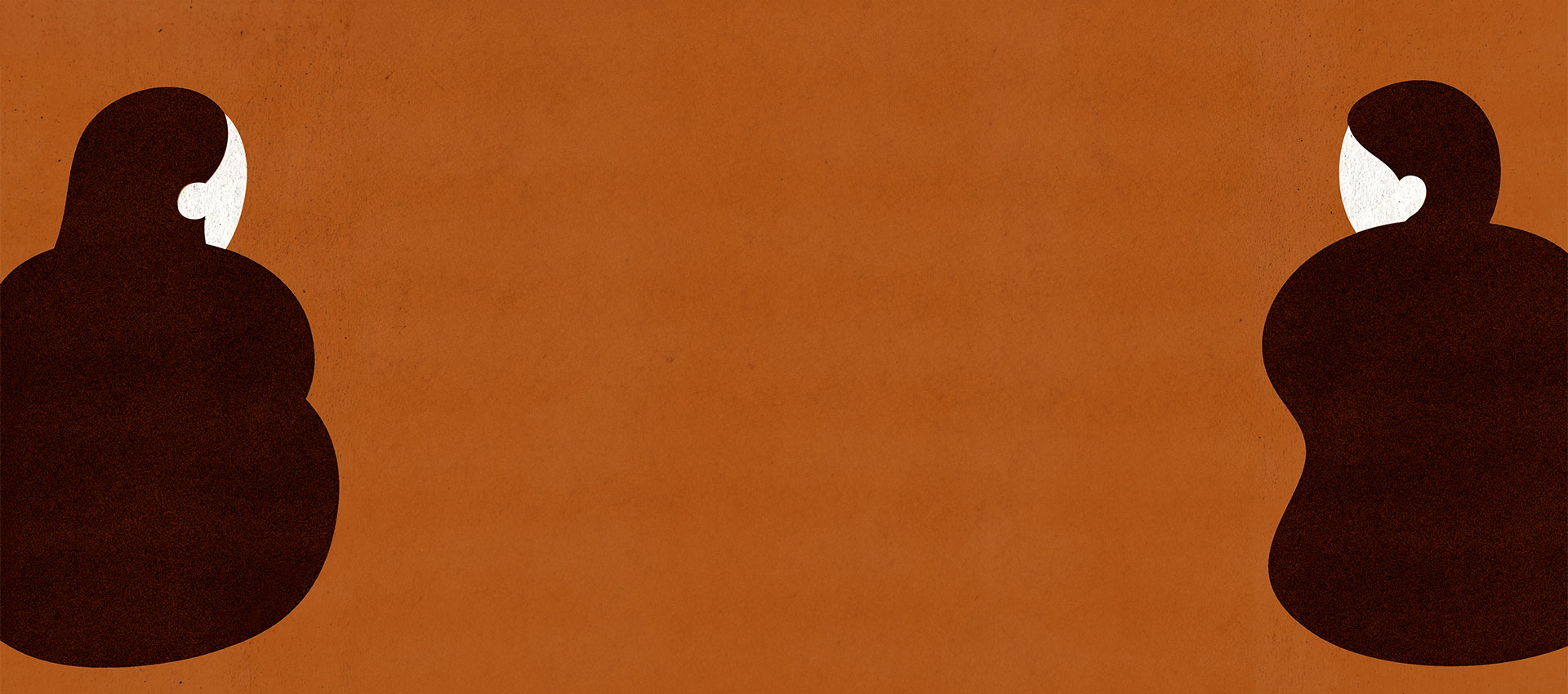2025.07.02
The 27th SIWFF Competition Finalists - Asian Shorts
We would like to express our heartfelt gratitude to all the filmmakers who showed their support and submitted their valuable works to the 27th Seoul International Women’s Film Festival. This year, we received a total of 4,129 submissions from 131 countries worldwide. After a thorough and careful review by our preliminary jury, we are delighted to announce the 20 finalists selected for the Asian Shorts competition section. Congratulations to all the selected filmmakers! Asian Shorts (Alphabetical Order)TITLEDIRECTORCOUNTRY(M)OTHERTSAI Chi-minTaiwanCOMMUNITYPARK YouJin, JIN HyeonJeongSouth KoreaA Day from SummerMYOUNG SoheeSouth KoreaFirst BreathKIM HyojungSouth KoreaIce RinkWANG ZiyinChinaIf Tomorrow Never ComesJulianne REYESPhilippinesIn the Same BreathNatcha SANPAWICHUThailandIt Comes in WavesNefertiti CHAKRABARTIIndiaMaru and My Friend’s WeddingLEE HyunbinSouth KoreaMasterpiece MommyDorothy Sing ZHANGUnited Kingdom, ChinaMilk LadyMIYASE SachikoJapanMuteYUN EunkeongSouth KoreaThe Other DaughterFala PRATIKAIndonesiaSafe DoseFaye SHUChinaSame Star Above UsLIU KeUnited StatesA Story About XiaoxianGESANG MeiduoJapan, ChinaSummer TriangleMaryam ESMAEILI, Ali BABAIIranThis Home Is OursShayma' AWAWDEHPalestineTRANSYANG Yini (Nizi)JapanWAShhhMickey LAIMalaysia, Ireland The Asian Shorts competition, a section dedicated to discovering and showcasing diverse short films by Asian women filmmakers, received 1,754 entries from 84 countries this year.Since the festival's first edition in 1997, this section has stood at the forefront of the history and mission of the Seoul International Women's Film Festival. While reviewing this year's submissions, we were reminded once again of the extraordinary freedom and flexibility inherent in short films. Short films are a medium in which a filmmaker's passion and intent are most vividly reflected. They democratize creation, challenge censorship and control, and provide a radical space in which unique voices can converge. This year's entries showed us how short films can confront injustice, foster solidarity with the marginalized, explore new discourses and sensibilities, and evoke fresh emotional resonances.The works submitted this year came from a wide range of Asian countries, including Taiwan, Malaysia, Iran, India, Japan, China, Thailand, Palestine, the Philippines, and Korea—countries that collectively represent the idea of “imagined communities.” Despite their varied political conditions and cultural contexts, these films shared remarkably similar emotions and concerns. They transcended borders to reflect on shared struggles, particularly those centered on women, while unfolding the textures of their lives in rich and varied ways. From depictions of everyday landscapes to explorations of virtual spaces, the films wove together a tapestry of diverse experiences, creating a meaningful cinematic solidarity.Throughout the selection process, thoughts of "martial law" lingered with us. Shamefully, it was only after it had ended that we began to reflect on the lives of those who have always lived under its shadow. Recalling the phrase, "Cinema is not a reflection of reality, but the reality of a reflection," we ponder how women facing existential crises can assert themselves as subjects of cinema. We are confident that the short films presented this year will provide us with the wisdom and strength to support that endeavor.Preliminary Jury KIM Yesolbi (Film Critic), SHIN Eun-shil (Film Critic), LIM Ohjeong (Director/Writer)















